The Evolution of Football Sponsorship: From Shirt Logos to Digital Ecosystems
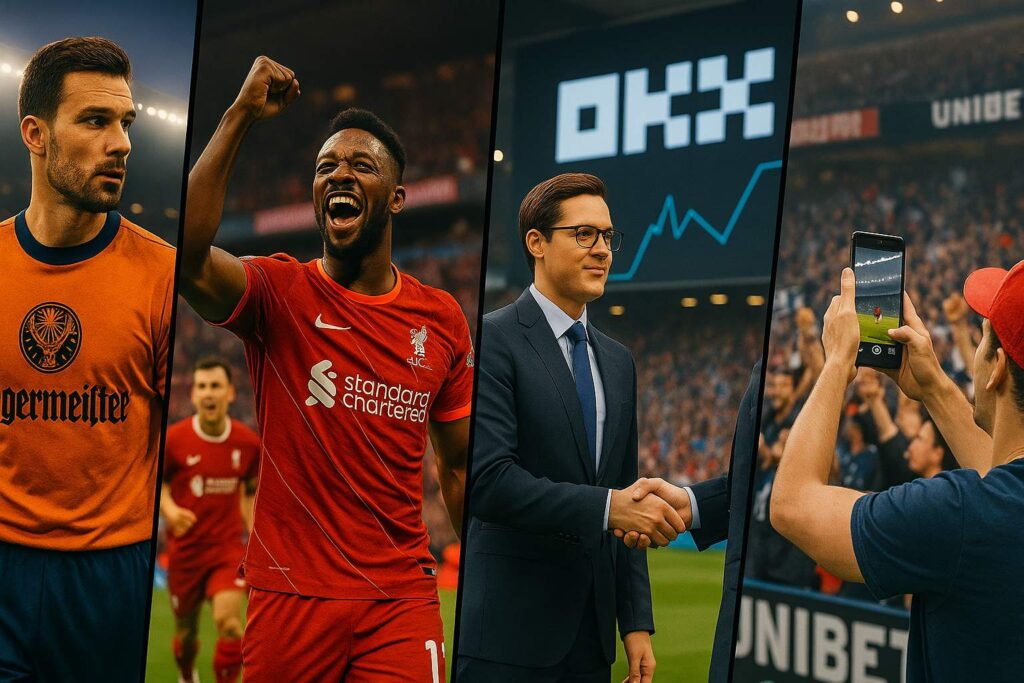
Once upon a time, football sponsorship was as simple as a logo on a jersey. In the late 1970s and 1980s, front-of-shirt branding became the gold standard for commercial exposure in football, turning club kits into billboards for breweries, car manufacturers, and airlines. Fast forward to today, and that logo is just the tip of a far-reaching digital iceberg. Sponsorship in modern football is no longer static — it’s interactive, data-driven, and deeply embedded in digital ecosystems that stretch across continents and screens. This article traces the evolution of football sponsorship from its humble beginnings to the tech-enabled, ROI-focused partnerships that define the sport today.
From Pioneers to Powerhouses: The Early Days of Kit Sponsorship
The first official front-of-shirt sponsorship in football dates back to 1973, when German club Eintracht Braunschweig struck a deal with herbal liqueur brand Jägermeister. The partnership was groundbreaking — not only because it introduced brand exposure on kits, but also because the club had to alter its crest to incorporate the Jägermeister logo to comply with federation rules. This laid the groundwork for what would become one of the most visible commercial assets in football.
Did you know Jägermeister was the first brand to sponsor a soccer team, Eintracht Braunschweig in 1973? #JagerFacts pic.twitter.com/w5gidxtDUB
— Jägermeister UK (@JagerUK) January 20, 2014
By the 1980s and 1990s, shirt sponsorship became commonplace across Europe. Clubs like Liverpool (Carlsberg), Inter Milan (Pirelli), and Arsenal (JVC) forged long-term branding partnerships that shaped their global identity. Carlsberg’s deal with Liverpool ran from 1992 to 2010, one of the longest-running shirt sponsorships in Premier League history. Similarly, Inter Milan’s iconic 26-year partnership with Pirelli (1995–2021) turned the Italian tyre brand into a football household name.
🇹🇷 The 'Miracle of Istanbul' in the words of Liverpool's heroes… #UCLfinal
— UEFA Champions League (@ChampionsLeague) May 25, 2023
One particularly influential development came in 2002, when Fulham FC became the first Premier League club to feature a betting company, Betfair, as their front-of-shirt sponsor. The deal signaled the start of a wave of betting sponsorships across English football. At the time, it was considered bold and controversial — but it quickly became the norm. Betfair leveraged the partnership through television advertising, in-stadium visibility, and digital activations that included early experiments with live odds integrations during match broadcasts. This helped establish the betting sector as one of the most active commercial players in football sponsorship throughout the 2000s and 2010s.
Globalization and the Rise of the Multi-Platform Sponsor
The advent of the Premier League, UEFA Champions League expansion, and the globalization of football clubs as media brands ushered in a new era. Suddenly, clubs had fans in Jakarta, Lagos, and Los Angeles — and sponsors wanted to follow. Shirt sponsors turned into global partners. Front-of-shirt deals were joined by sleeve partners, training kit sponsors, and even travel partners.
One iconic example is Manchester United’s deal with Chevrolet, worth £53 million per year — at the time, the most lucrative kit deal in football history. But that wasn’t just about the logo. Chevrolet ran global digital campaigns, virtual fan engagement contests, and branded player content. The brand had become part of the club’s global storytelling machine.
The Digital Disruption: Enter the Ecosystem
Today, successful football sponsorships operate across digital ecosystems. A club’s sponsor doesn’t just appear on the kit — they’re integrated into apps, e-commerce, mobile games, social content, and CRM databases. Fans don’t just see a brand — they interact with it.
Take FC Barcelona and Spotify. Their partnership includes naming rights to the stadium, integration into playlists curated by Barça players, and brand presence in club-created content across multiple platforms. It’s a deal designed for digital engagement — not just eyeballs, but clicks, listens, shares, and subscriptions.
Another example comes from Napoli, whose partnership with Amazon Prime Italy featured co-branded docuseries and exclusive merchandise drops. This wasn’t about logo placement — it was about owning the narrative, the content, and the transaction layer of the fan experience.
Data and Customization: The Rise of Personalized Sponsorship
With the rise of CRM tools, clubs are now offering sponsors detailed segmentation of their audience. A hospitality sponsor can target high-income season ticket holders. A streaming platform can promote content to fans who follow match highlights online. A fintech brand can offer tailored credit products to fans in specific geographies.
AS Monaco’s partnership with eToro used digital dashboards to track campaign performance in real time. Meanwhile, clubs like Arsenal have integrated sponsor offers into their official mobile apps — turning matchday push notifications into calls-to-action for co-branded rewards and partner offers.
Smaller Clubs, Bigger Ideas
While the top-tier clubs lead in scale, smaller and mid-table clubs are often the most innovative. For instance, Girona FC partnered with CaixaBank in a regional activation that focused on grassroots support and financial education for young fans in Catalonia. The bank organized pre-match financial literacy workshops for kids and co-branded local tournaments — reinforcing its community positioning while strengthening Girona’s family-friendly image.
Gracias al @GironaFC, estos aficionados del club pudieron disfrutar de una jornada en la Vinya, conocer a la plantilla y jugar una divertida partida de futtoc con dos de los jugadores del equipo.
— CaixaBank (@caixabank) April 17, 2024
Si tú también quieres disfrutar de estas experiencias, da de alta tu VISA Girona FC. pic.twitter.com/6ShpwDRaoy
Another strong example comes from Union Berlin, whose deal with online retailer Aroundtown focused on co-developing affordable housing and youth engagement projects in Berlin’s Köpenick district — showing how even real estate sponsors can take a hyper-local, high-impact approach to club collaboration.
The New Inventory: NFTs, Metaverse, and Web3
The next frontier of sponsorship is digital-native. Clubs are experimenting with virtual stadiums, branded NFTs, and fan tokens that grant voting rights on club decisions. While some projects have been met with skepticism, others — like Socios’ deals with clubs across Europe — have created new revenue streams and opened the door to fan micro-investment models.
Paris Saint-Germain has embraced crypto partnerships with Chiliz and has issued fan tokens that allow supporters to vote on kit designs and in-game experiences. These models hint at the future: sponsors as enablers of digital community ownership.
Manchester City‘s partnership with OKX exemplifies this digital evolution. Beginning in March 2022, OKX became the club’s Official Cryptocurrency Exchange Partner, later expanding to Training Kit Partner and then Official Sleeve Partner. Their activations include:
- Unseen City Shirts: A series of NFT digital collectibles featuring redesigned club shirts, offering fans exclusive prizes and experiences.
- AI-Powered Player Avatars: Interactive digital experiences allowing fans to engage with AI versions of players like Kevin De Bruyne and Jack Grealish.
- Guerrilla Marketing Campaigns: Projection of cyberpunk-themed images of players onto buildings in cities like Istanbul and Rio de Janeiro to celebrate their sleeve partnership.
These initiatives demonstrate how modern sponsorships are leveraging technology to create immersive fan experiences and deepen brand engagement.
Stay updated with the latest sponsorship news. Follow SponsorsGo on social media:
Related news
Latest news
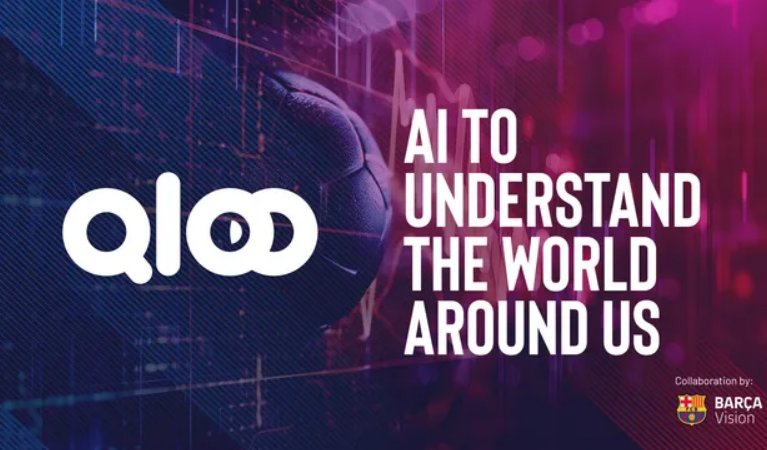
Barça Vision Partners with Qloo to Drive AI-Powered Fan Engagement and Digital Innovation
14.07.2025 18:00:54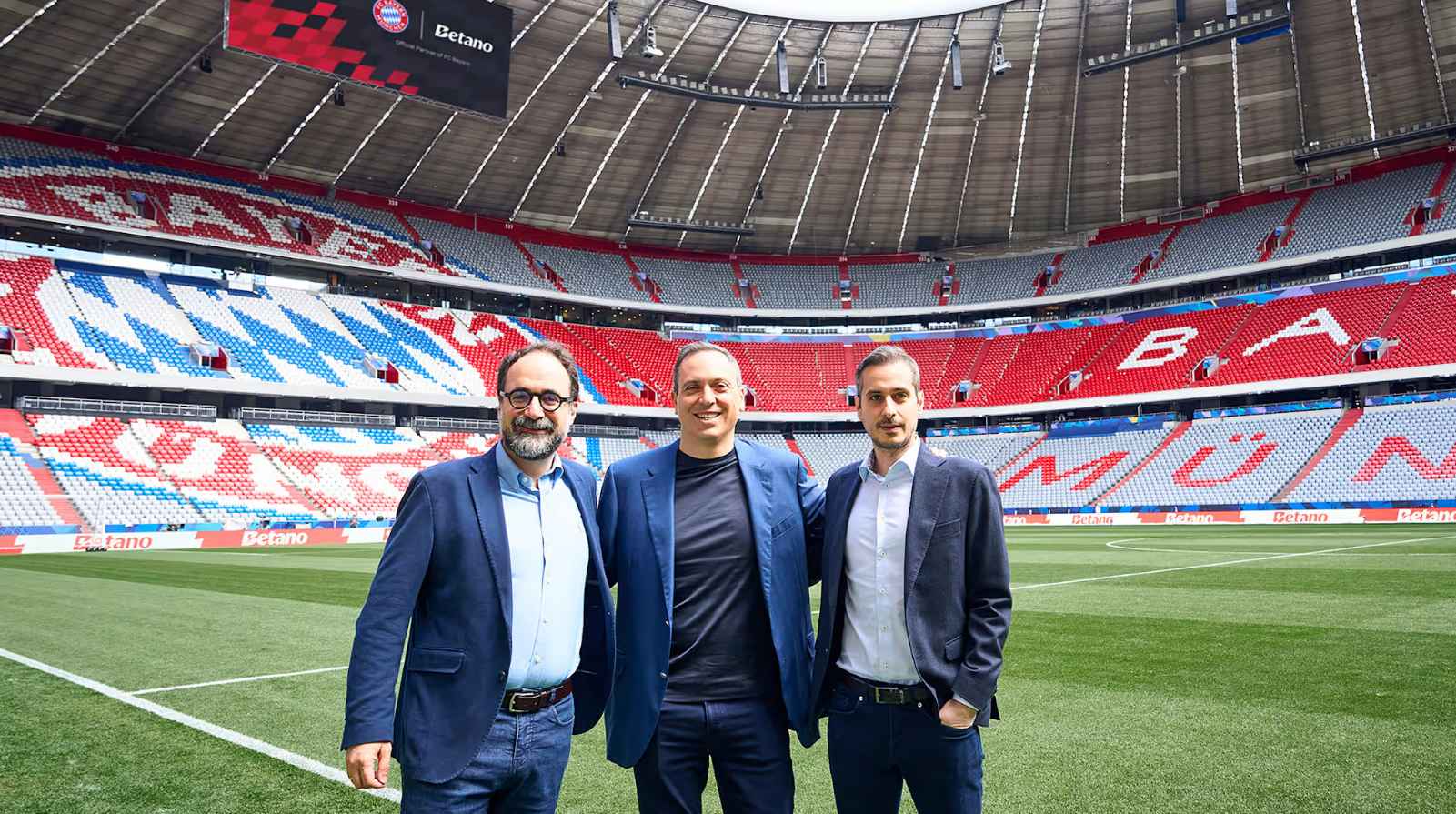
FC Bayern and Betano Sign Multi-Year Global Partnership
14.07.2025 17:38:50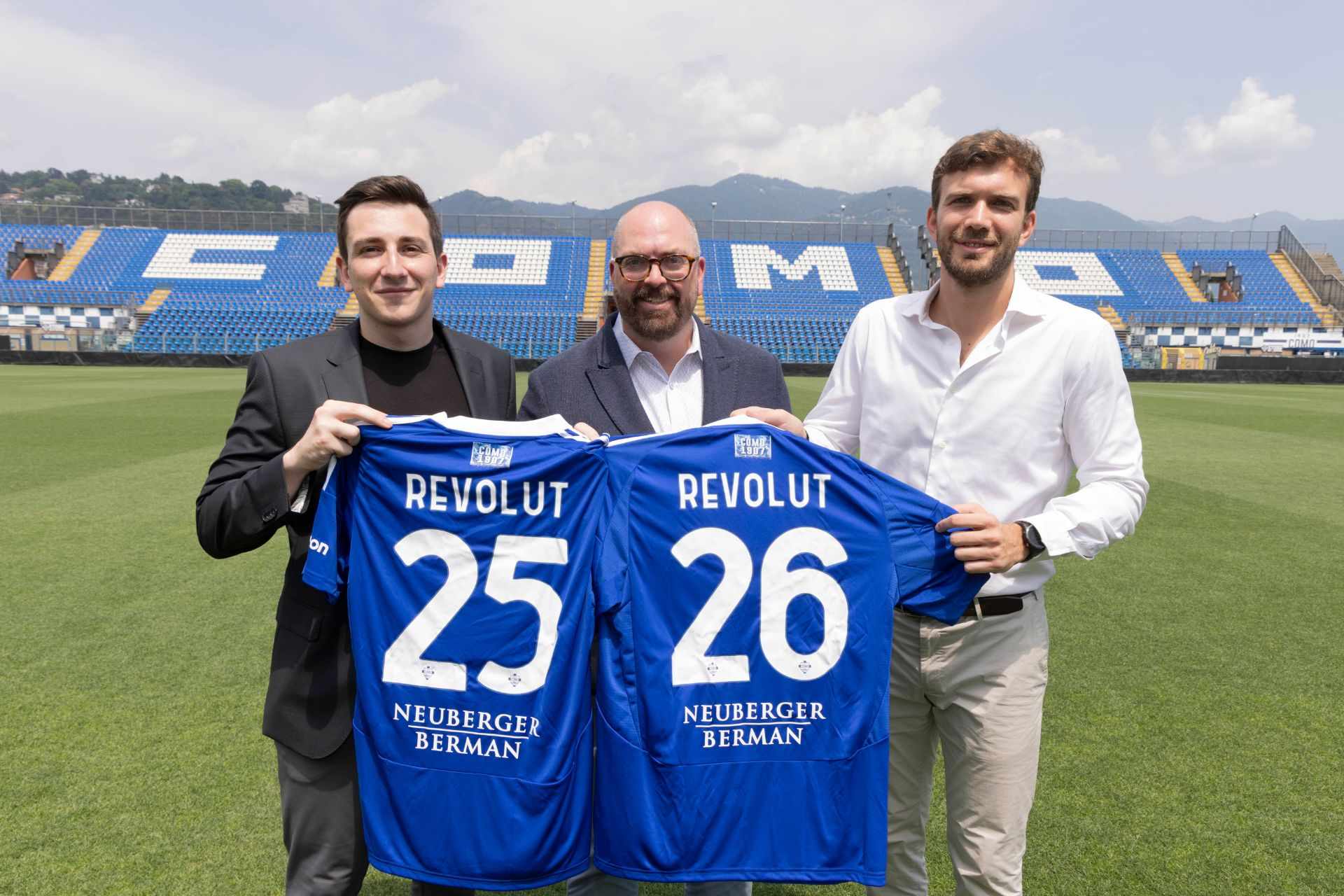
Revolut Becomes Official Global Banking Partner of Como 1907
14.07.2025 17:08:21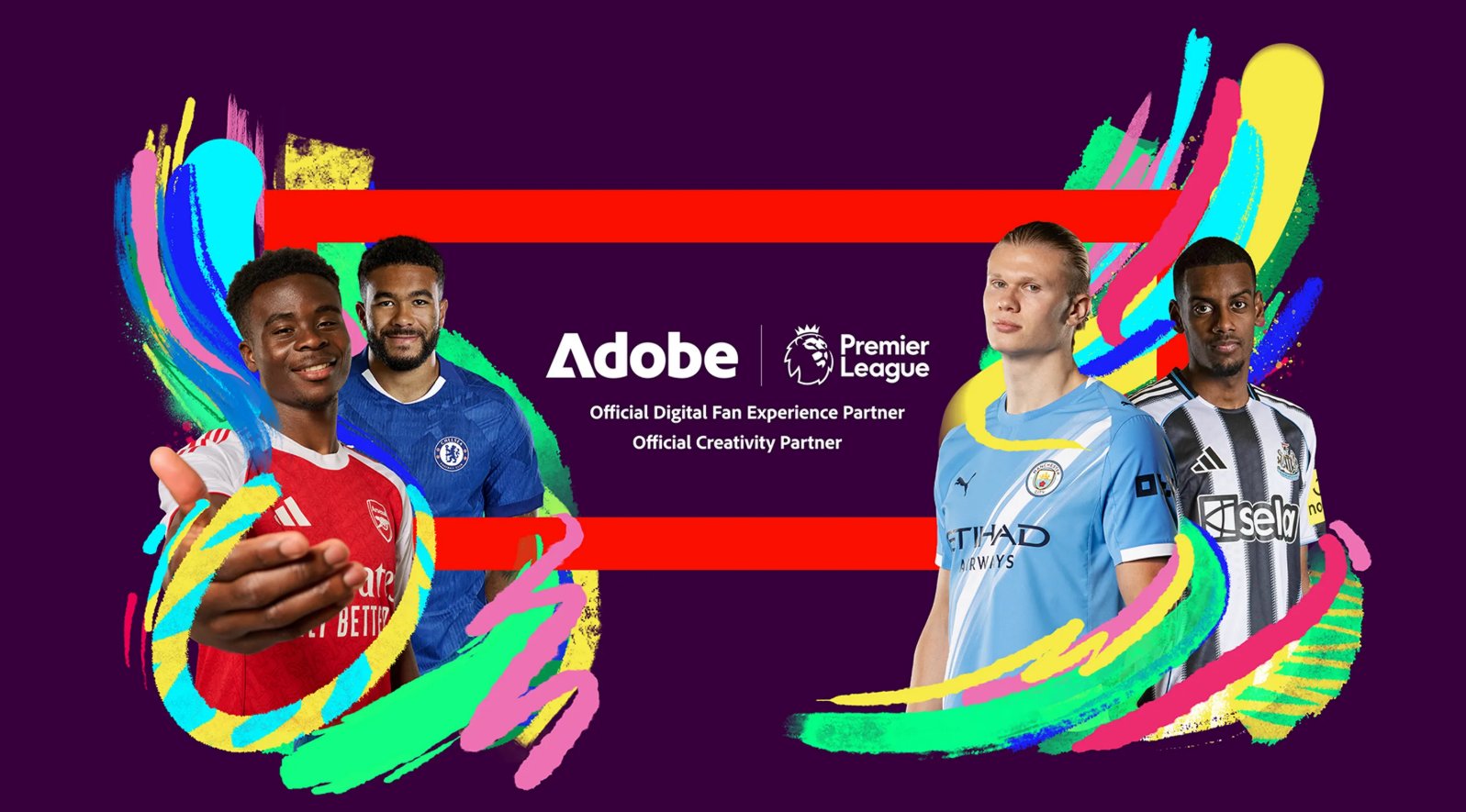
Adobe and Premier League Team Up to Deliver AI-Driven Fan Engagement Worldwide
14.07.2025 16:57:19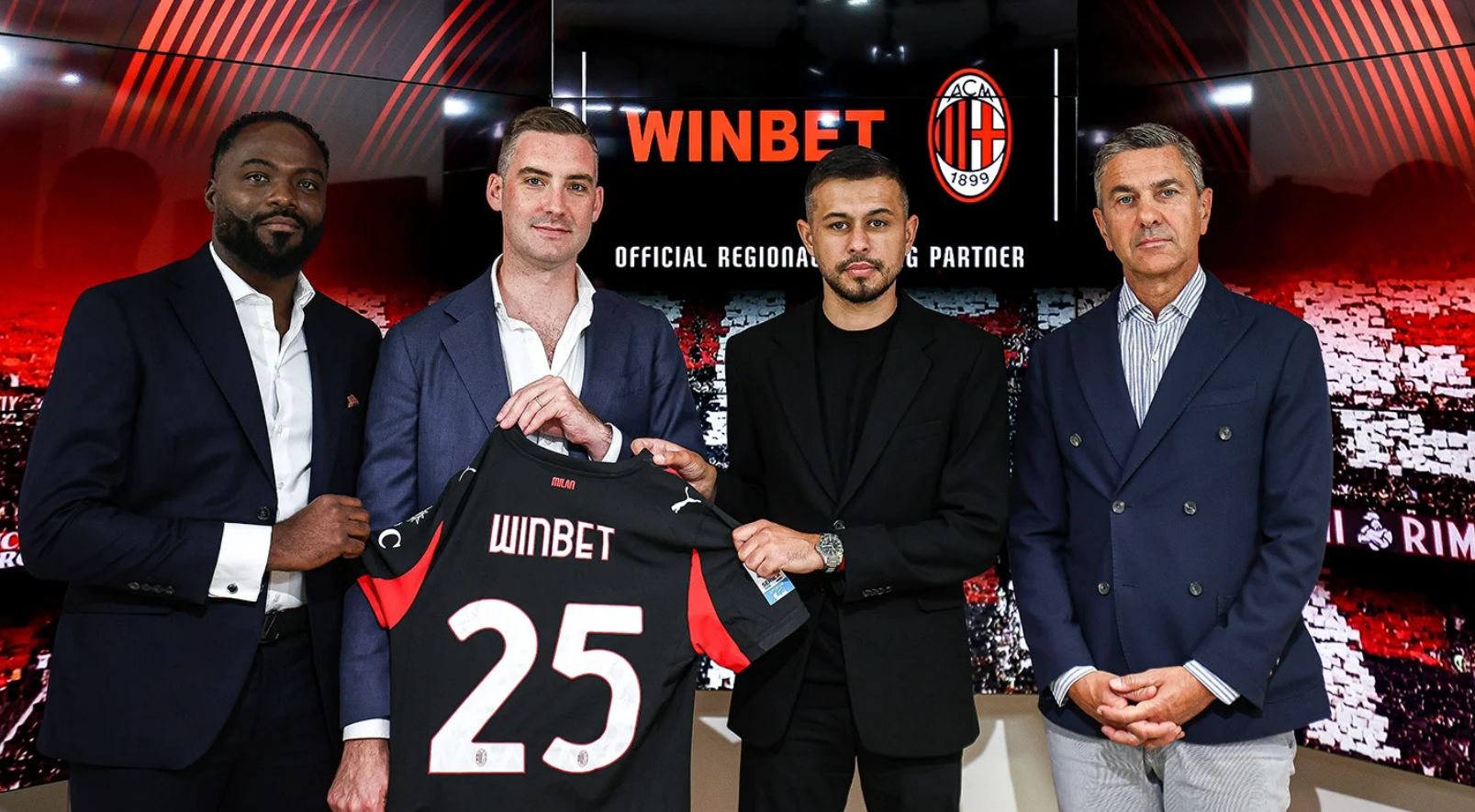
AC Milan and WINBET Announce Regional Betting Partnership Across Eastern Europe
14.07.2025 15:54:23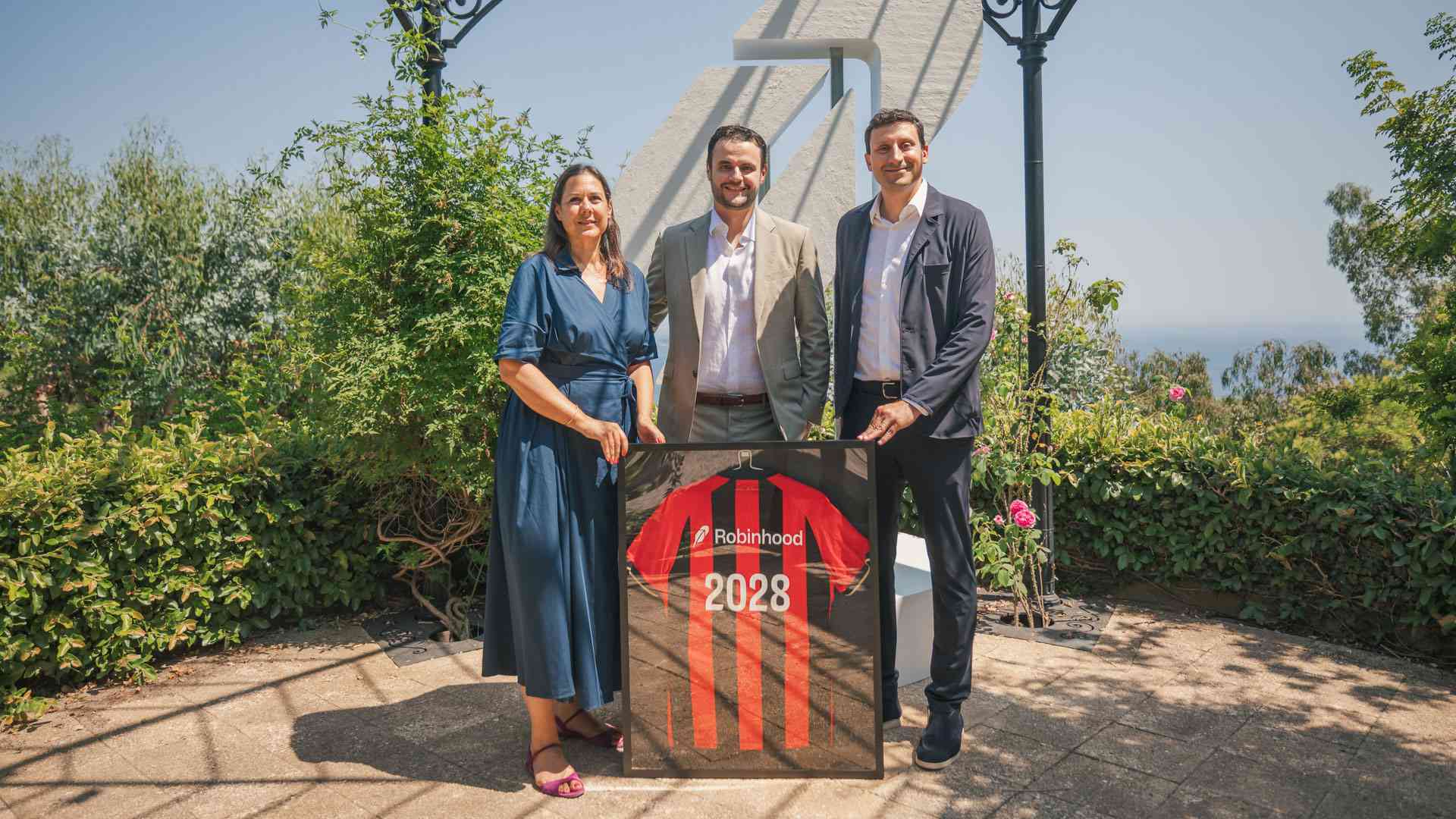
Robinhood Becomes Principal Shirt Sponsor of OGC Nice in Major Multi-Year Deal
14.07.2025 15:41:10




